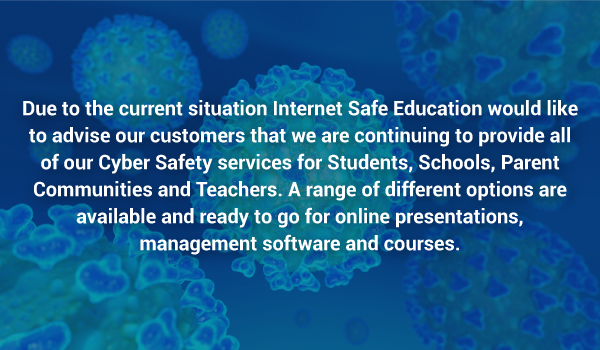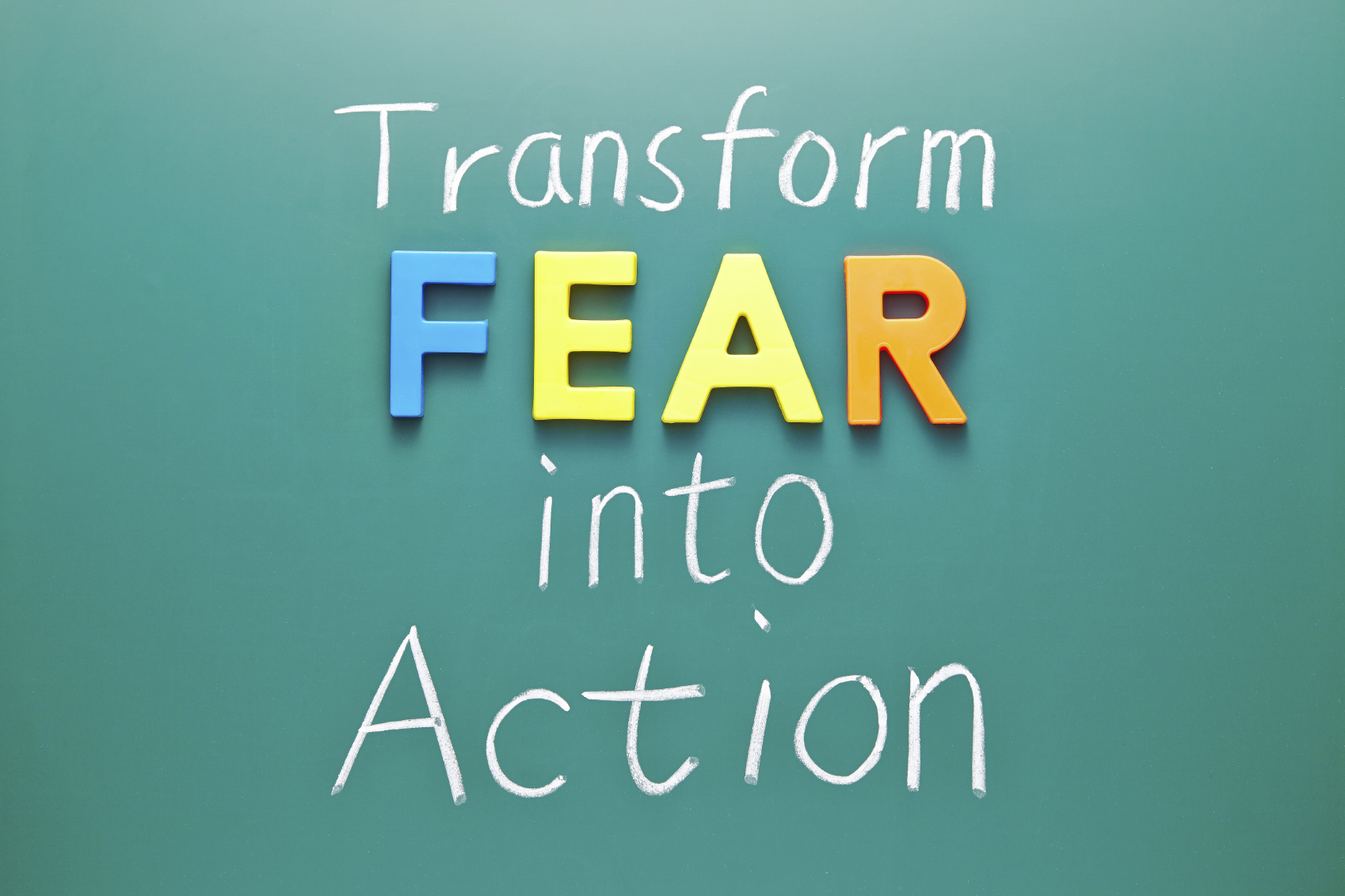In a world-first, France has made the bold move of passing legislation to prevent parents from sharing photos of their children online. Since the rise of social media, influencers and vlogging, sharing online has become the new normal. Proud parents across the world are sharing first steps, first days at school, family holidays and sporting achievements. Documenting every moment of their life from birth to high school, capturing memories and sharing them with their social media followers. But the parents of most concern, to French MP Bruno Studer and Thomas Rohmer, Director and Founder of the Parenting and Digital Education Observatory, are influencer parents who are sharing images and information about their children for financial gain. They believe this raises concern for the exploitation of minors.
In a study conducted about the collection and sharing of children’s data, Former Children’s Commissioner for England Anne Longfield revealed that by the time a child is 13 years old parents will have shared over 1,300 images and videos of their child. Which is an incredible statistic given the age requirement for holding a social media account is 13 years and above.
So, what is sharenting? And how it can affect children now and in the future? Sharenting refers to the act of parents sharing information and photos of their children on social media. Sounds innocent enough we have all had those proud parent moments where we want to share with our extended family and friends online. However, the concern is it can lead to the exposure of personal information, such as location and daily routines, which can be used by online predators or identity thieves. Also, it can affect children’s future opportunities, such as job prospects, due to potential negative information being available online. We are teaching our children about online safety and how to protect their information and be conscious of what they post, write, and send online but we aren’t walking the walk ourselves.
A frightening statistic shared by French MP Bruno Studer is that half of all images exchanged on child exploitation forums are initially posted by parents on their social media accounts. As a parent it does give you reason for pause. Parents typically have the right to share information about their children online, but it’s important for them to consider the potential risks and consequences of doing so. Additionally, in a world where we are all trying to teach our children about consent, parents should respect their children’s wishes and seek approval before sharing information about their child online.
In Australia, Julie Inman Grant, eSafety Commissioner implored parents to consider, “When you post a photo of your child online, it can end up travelling more widely than you want (or realise) and can be ‘harvested’ from social media or other websites and used for unintended purposes.”
MP Studer continues to say that the purpose of the new legislation is to establish the parameters of parental authority when concerning the protection of privacy of minors and in extreme cases a judge may intervene to limit or their parental authority on a case by case basis. What those parameters are may completely change how we parent, how we communicate online and the purpose of social media all together.
Although the legislation still needs to pass through the Senate before it becomes law, given it was passed unanimously it seems that France is one step closer to protecting the privacy of children online. Will it be enough though, is the bill robust enough to address not only the privacy of children but also the dignity of children? How will it be policed? What is the impact? It will be interesting to see how the rest of the world responds and whether other countries follow suit.


